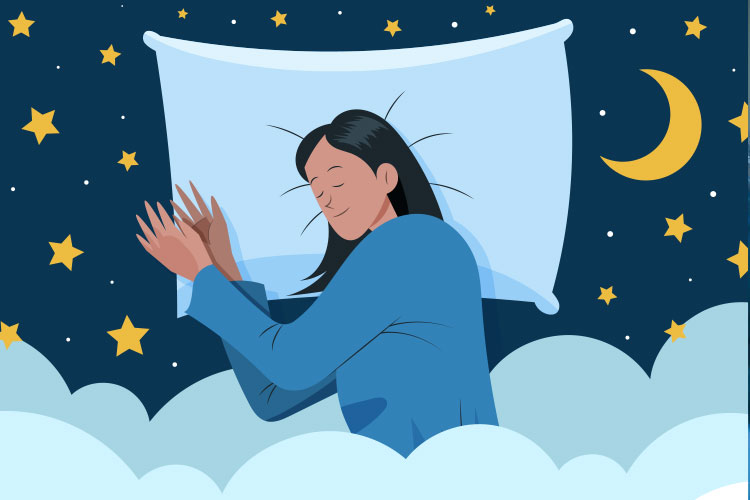Home Test Options for Sleep Apnea Diagnosis: 3 Popular Monitors

Home tests for sleep apnea require a prescription from your doctor, preferably a sleep specialist who has ruled out the need for a full overnight sleep study. They’re usually provided by a local sleep center or sent directly to your home. After returning the test, a medical professional will read the recordings and write a report for your doctor.
Watch-PAT100
A wristwatch-like device worn on the wrist with two probes that attach to your fingers, the Watch-PAT100 measures and records pulse, oxygen saturation, actigraphy (movement), and changes in blood volume that occur when you stop breathing. A dime-size microphone affixes to your throat with double-sided tape to record snoring, and a small, plastic patch on your chest measures movement.
This device does not determine air pressure setting for continuous positive airway pressure (CPAP) treatment, so to avoid a second study in a sleep lab, your doctor must prescribe either an in-home titration test to measure your airflow, or instead, give you an APAP (automatic positive airway pressure) machine—which automatically adjusts the air flow within a certain range based on how you’re breathing.
Using a nasal cannula (a thin plastic tube that sits above your lip and below your nose) SNAP Test Sleep Apnea and Snoring Analysis measures sound and airflow. A probe on the finger measures your pulse and blood oxygen levels. Upon your doctor’s request, the company will include a recommended CPAP air pressure setting on its report, determined from an algorithm based on data from your sleep study.
ARES
The wireless ARES straps on to your forehead and includes a nasal cannula. Together they measure and record oxygen saturation, pulse rate, head movement, head position, snoring sounds, and airflow. ARES does not determine or recommend air pressure settings for a CPAP machine.
